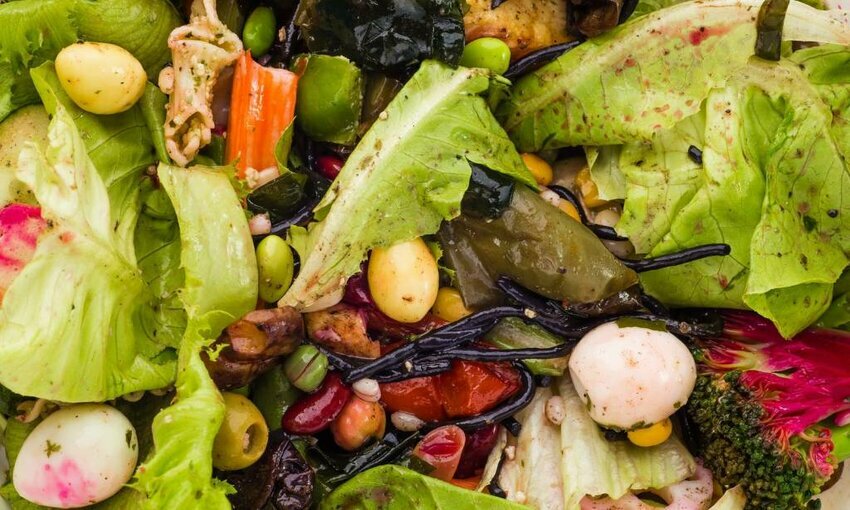 (Credit: Canva Pro)
(Credit: Canva Pro)Divert has broken ground on a new facility in Washington state that aims to process 100,000 tons of wasted food into carbon-negative renewable energy.
Divert is an impact technology company that provides an end-to-end solution that prevents food waste by maximizing the freshness of food, recovering edible food, and converting wasted food into renewable energy. According to the company, its new facility, Integrated Diversion and Energy Facility in Longview, Washington, is the first of its kind in the state.
Washington generates more than 2.7 million tons of wasted food annually, of which approximately one million goes to landfills and 47% is still edible food, according to Divert. The new facility will serve Pacific Northwest commercial waste generators and local jurisdictions to address the food waste problem, accepting food waste from retail food customers, agricultural food producers, industrial food manufacturers, local jurisdictions, restaurants, food service, institutional or commercial waste generators. The facility will also serve Oregon, which reported 1.11 million tons of wasted food generated in 2021, 30% of which went to landfill.
“Divert is at the forefront of the fight against wasted food, driving significant progress across the U.S., and now in a first for the state of Washington,” Ryan Begin, CEO and co-founder of Divert, said in a statement. “Leveraging 16 years of leadership and knowledge in the industry, our company is eager to support businesses across Washington and Oregon in preventing waste and complying with food waste legislation. This is an important moment for Divert and the Pacific Northwest in driving transformative change for the industry and solidifying our commitment to a waste-free world.”
The move is in line with Washington’s HB 1799 legislation and Organics Management Law and Oregon Metro’s Food Scraps Policy.
The facility will be 66,000 square feet and will leverage Divert’s proprietary depackaging process and anaerobic digestion that will prevent food waste from ending up in landfills by transforming it from retailers and other companies into carbon-negative renewable energy. Divert expects the facility to be fully operational in 2024 and will offset 23,000 metric tons of CO2 a year at full processing capacity.
Divert, along with energy infrastructure company Enbridge, expects to invest more than $100 million into the project.
“We’re excited to see Longview start construction,” Caitlin Tessin, vice president of strategy and market innovation at Enbridge, said in a statement. “Since Divert and Enbridge announced our infrastructure agreement for up to $1 billion earlier this year, Divert has continued to lead the industry in solutions to mitigate wasted food and greenhouse gas emissions across the U.S. and is lined up to play an important role in Enbridge’s energy transition strategy.”